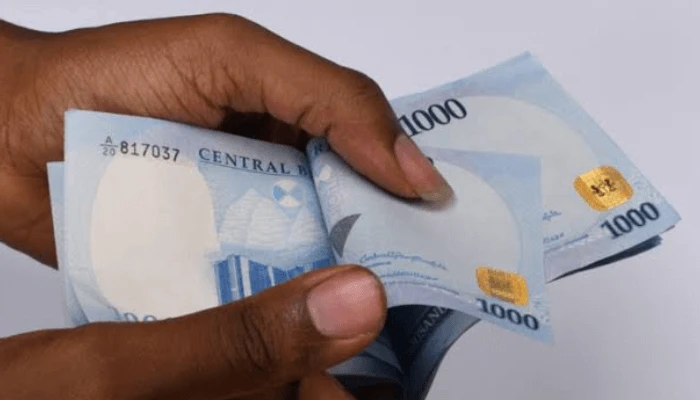 Olugbemi. Adeyinka Ogunleye
22 hours ago
Olugbemi. Adeyinka Ogunleye
22 hours ago
Overview
Naira Float: From Painful Reform to Promising Revival
President Tinubu's decision to float the Naira was undeniably radical, and it initially left many, including me, reeling.
It drew significant criticism, especially given the immediate economic shock. For years, the scarcity of foreign exchange had crippled various sectors; foreign airlines, for instance, were particularly hard hit, unable to repatriate hundreds of millions of dollars from ticket sales, a crisis that sometimes led to reduced flight frequencies or even withdrawals from the Nigerian market.
However, recent developments offer a compelling counternarrative. Just last week, several banks announced the resumption of using Naira debit cards for international transactions.
This is a monumental shift, especially when we recall the long history of restrictions: the CBN first reduced spending limits in 2015, further slashed them in 2017, and by January 2022, effectively banned international transactions on Naira cards altogether. Banks then cited various reasons, including severe FX scarcity, the complexities of multiple exchange rates, and the CBN's inability to meet its foreign exchange obligations.
Two years after Tinubu's audacious reform, we're seeing the tangible, positive impact. He tackled the problem head-on, undeterred by the criticism accompanying such a painful and drastic measure.
The stability emerging in the foreign exchange market is clear, leading Deposit Money Banks to resume international card services confidently.
You might not be a fan of the President, but it's hard to deny the positive ripple effect of this specific reform. This is a clear sign that the strategy is working. Little by little, these positive impacts will compound and ultimately trickle down to benefit everyone.
It's beginning to happen.
Alli-Balogun H.Lekan @allibaloo on X



